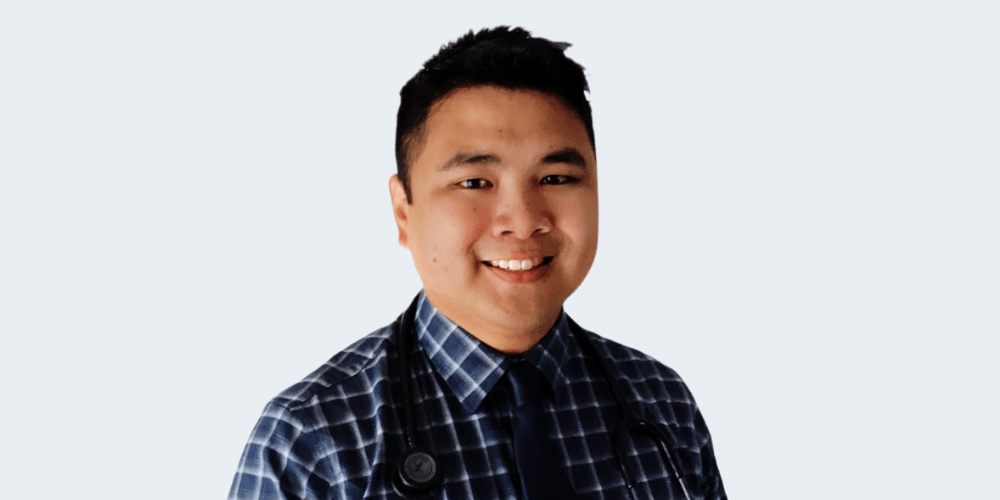There are multiple types of hair loss, each with different causes. Some common causes of hair loss include:
-
Androgenic alopecia: Androgenetic alopecia describes hereditary hair loss, such as male or female pattern baldness. It's also known as "patterned hair loss" because it can happen to both men and women.
-
Alopecia areata: Alopecia areata is a condition that affects the immune system. It causes the immune system to attack hair follicles, resulting in bald patches. It can also affect body hair.
-
Anagen effluvium: Anagen effluvium involves rapid hair loss, which can be caused by chemotherapy or a radiation treatment regimen.
-
Tinea capitis: Tinea capitis, also called scalp ringworm, is a fungal infection that can affect the scalp and hair shaft, leading to scalp irritation and hair loss.
-
Traction alopecia: Traction alopecia results from too much pressure on the hair. Some causes of traction alopecia include tight buns and ponytails.
-
Scarring alopecia: Scarring alopecia is a type of hair loss where the hair-making parts in your skin get hurt and turn into scars. Common causes include certain conditions that can cause skin problems (such as lupus or lichen planopilaris), infections, physical trauma, or autoimmune disorders. It stops hair from growing back in those spots, making bald patches or making your hair thinner. Usually this type of hair loss warrants an in-person evaluation by a dermatologist.







